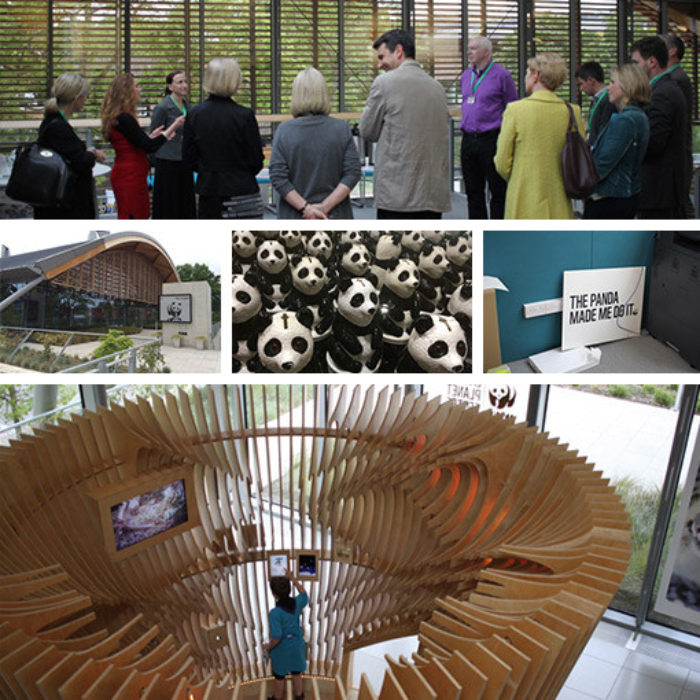Behaviourally-focused solutions to the food waste problem
The recent triple-header of storms Dudley, Eunice and Franklin have reminded us all, once again, of the growing frequency and severity of climate-driven weather events. With this escalating damage and disruption becoming the norm, it’s increasingly essential that governments and businesses step up their efforts to engage citizens, customers and colleagues in widespread action targeted at reducing our collective carbon footprint.
For starters
One of the largest contributors to climate change is food waste; an estimated 1.3 billion tonnes of food are wasted globally every year (about a third of all food produced for human consumption), generating about 8% of all greenhouse gas emissions. In the UK, households threw away 4.5 million tonnes of edible food in 2018, enough to create an additional 10.5 billion meals. Furthermore, this wasted food emits around 20 million tonnes of CO2e annually1.
Against this backdrop, we’re delighted to be working with Zero Waste Scotland to help it achieve its national strategy of a one-third reduction (some 297,000 tonnes) of citizen food waste in Scotland by 2025 (from a 2013 baseline). Our role is to convene, inform and facilitate a Behavioural Expert Panel, which will leverage the latest behavioural science to identify and shape behaviour change strategy and intervention recommendations on Zero Waste Scotland’s food waste reduction priorities for the next three years.
Around the table
The members of the 16-strong Panel are all leaders in their respective fields, and span a wide range of sectors and organisations, including: strategic change consultancies; international NGOs; sustainability charities; and leading universities and institutions from across Europe.
To help the Panel explore and recommend strategies and interventions to tackle Scotland’s food waste challenge, it will be facilitated by CCG’s Chairman John Drummond and Insight Director Belinda Miller, who will share the latest behavioural insights into the biases and heuristics that shape people’s food buying and food waste behaviours, and the complex and interconnected influences of food storage and cooking knowledge, social and retail contexts, environmental impact awareness, how and what we eat, and our personal beliefs. The initial roundtable gathering of the Panel took place on February 24th, and generated a wealth of fascinating discussion points.
On course
The next step is to explore the behavioural interventions and actions that emerge from this initial insight via a series of Deep Dive sessions over the coming weeks with a pool of additional experts from industry and academia.
The work of the Behavioural Expert Panel, and the deep dive cohort, will be supported by a wider group of specialists and experts as part of a new Food Waste Reduction LinkedIn Group.
It’s hoped that the lessons from the work will not only inform the strategy and interventions used to reduce food waste in Scotland, but deliver actionable insight that can be used across the UK and the wider world.
Hungry for more?
To have a chat about how you can engage your colleagues or customers in sustainable action, or to discuss any aspect of behaviour change, please drop me a line at andrew.drummond@corporateculture.co.uk
Sources:



